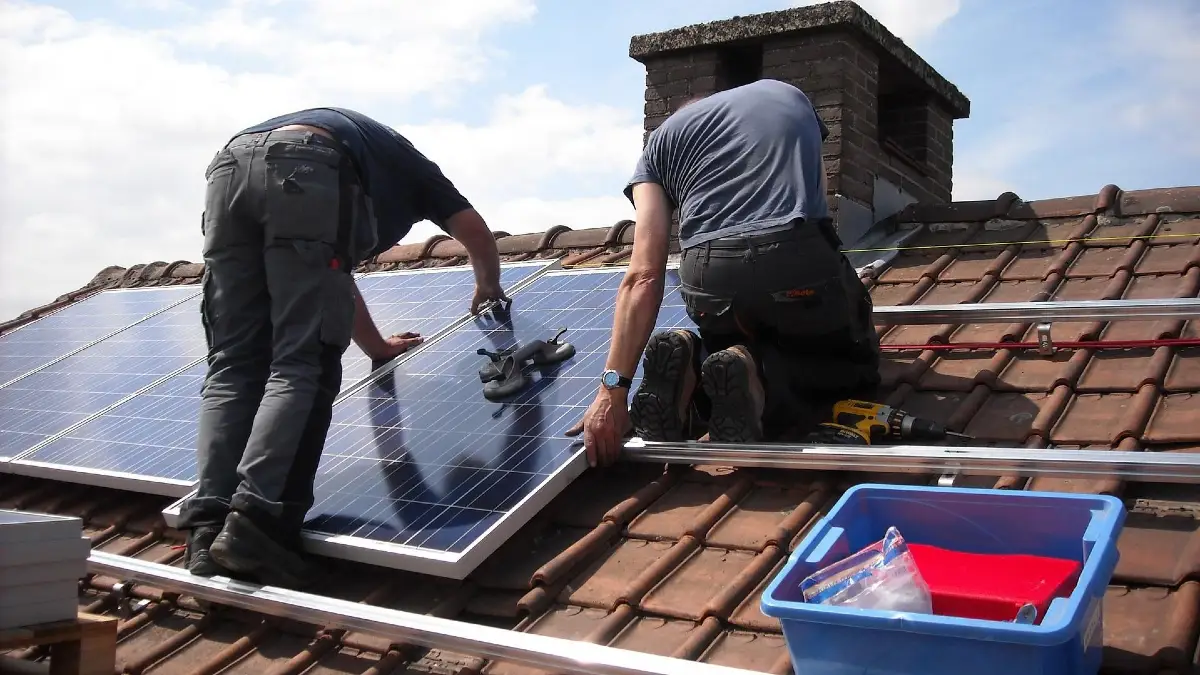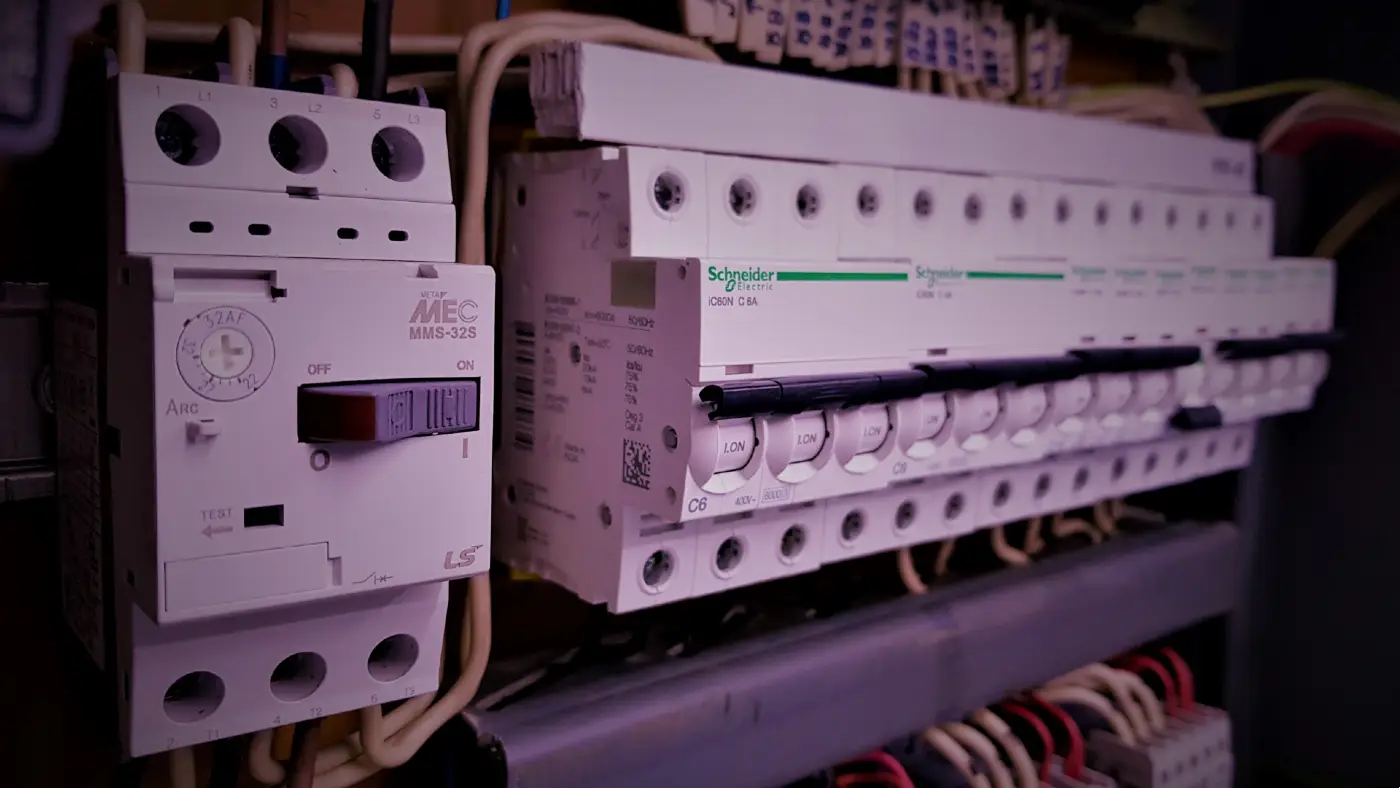Electrician cost per hour

The average hourly rate for an electrician in the UK is £37 per hour. If you have an emergency or a small electrical job then you will hire an electrician by the hour. Ask your electrician if there are any other charges such as; a call out fee, parking charges, additional materials and collection etc.
You can ask for an estimate for the job over the phone based on their hourly rate or get them to email you a full quote so you know exactly how much you will pay.
See the table with uk electrician cost per hour for more hourly rates, alternatively post a job with HaMuch and get a free quote
Electrician cost per day
The average day rate for an electrician in the UK is £232 per day. If you have a large electrical project like rewiring a house, fitting ceiling led lights or spot lights throughout your home then you should get an agreed quote based on a day rate. Some have a cheaper day rate while others will just multiply their hourly rate by the number of hours they work.
An electrician has to travel between jobs so it's much easier for them to give an estimate or quote if they know the job will take a day or longer.
See table with uk electrician cost per day for regional day rates or post a job and get your local rates.
How to get the cheapest quotes when looking for an electrician
Self-employed electricians are just as qualified and experienced as those working for a big company.
By being an independent, self-employed electrician the small electrical business avoids many business costs (e.g. administration staff, office rental etc), charging less for electrical jobs and giving you the same quality of work.
Also if you do have a problem you are already talking to the electrician who did the job and will probably be able to help you quickly.
Choosing an Electrician
An electrician’s main role is to install and maintain electrical wiring and appliances so having a trustworthy qualified and affordable electrician is vital when it comes to emergency electrical work (a fuse box blown) or even for non-emergency work that will improve your home, either to make your rooms more practical with extra plug sockets or more trendy with the latest downlights.
HaMuch has put together information including questions to ask to keep your home safe to how much to budget as well as how to find the right electrician for you for the right price.
Getting Quotes
When choosing an Electrician try to get 3 comparison quotes so you have a feel for the value of service and what is being offered at what price. Ask if your Electrician is vat registered so you aware if you need to still factor in extra on top of the quoted price. Insist on being given a ‘written quote’ to avoid disputes over payment and job expectations at the end of the project.
If they have arrived for a small repair job, ask them to email you the quote in writing before commencing so you have the figure on record. Discuss payment terms for larger projects and discuss what forms of payment the electrician will accept.
When receiving a quote from an electrician, discuss if the quote includes materials or what materials you still need to purchase. Certain items for jobs like installing a British General fuse board, switching a Schneider circuit breaker, rewiring and replacing old wires using a Wago lever connector even replacing a sensor light switch… are products the electrician will often source or have onboard in their van.
The more luxury products, like installing a Mira electric shower, a Flowmasta electric towel rail or LED downlights the electrician will probably ask you to provide as these are all down to personal preference.
Is your Electrician Qualified?
It is far more important choosing a skilled electrician than most trades as faulty wiring could burn your house down and puts your life at risk, so don’t take choosing an electrician lightly. Ask the electrician how many years they’ve been in the business and ask what their qualifications are. In the UK an electrician must have a level 3 of the industry-recognised qualifications, which could be; Level 3 (NVQ) Diploma in Electrotechnical Services (Electrical Maintenance), Level 3 (NVQ) Diploma in Installing Electrotechnical Systems & Equipment (Buildings, Structures and the Environment) or Level 3 Diploma in Electrical Installations (Buildings and Structures) if part of an apprenticeship.
Before calling in your electrician to quote, have a good idea on the project at hand. How many new power sockets do you want fitted and in which rooms? Which appliances (dishwasher, microwave, toaster) need to be tested for safety? If it’s an emergency and you require an urgent call out because the mains have tripped or a loss of power make a mental note to tell the electrician what power sources you were using at the time – did the lights trip as you plugged in an appliance?
If you are looking to run electrics out to your shed or install a security light in your back garden, make sure there is plenty of access to the garden from the house for the electrician to come into your home and carry his tools through. Ask if fitting a smoke detector or replacing a light dimmer switch would require any loft access and make sure that you have a clear path of access in the loft. Most electricians travel with their own ladders so don’t worry if you don’t have a loft ladder but perhaps mention that, so they arrive prepared.

